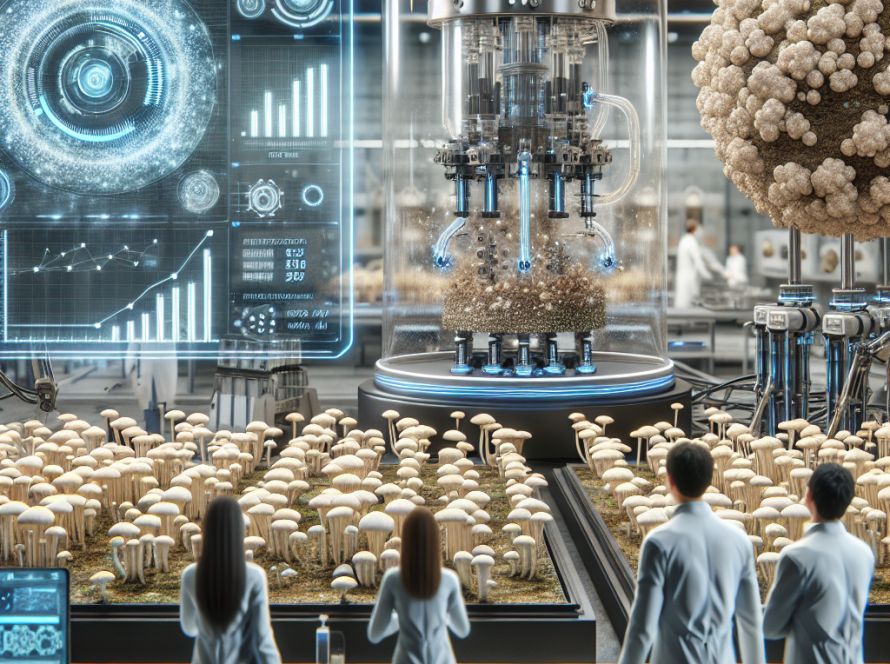As digital technology continues to evolve at a rapid pace, the issue of authenticity emerges as a growing concern. One such proposition that has been gaining traction over the years is the ‘dead internet theory’. This theory, first circulated by groups on Twitter and Wizardchan three years ago, posits that the internet content we interact with is not human-produced but largely artificial.
The dead internet theory argues that a large proportion of online content is generated by artificial intelligence, often in collaboration with paid influencers for the purpose of creating consumers for an expanding range of novel cultural products. More worryingly, the theory suggests that the enjoyable, authentic, and human aspect of the internet as we used to know it died around 2016-2017, attributing this death to the rise of AI-driven technology such as Google’s neural machine learning programs in 2016 and the outbreak of deepfakes in 2017.
At the heart of this theory is AI-generated content, such as artwork, films, videos, and even music, which inundate the internet. The sheer volume of AI-generated work, including ‘deepfakes’, drives home the theory’s assertion that a considerable amount of supposed human-generated content is actually product of AI, aimed at manipulating culture and discourse both online and offline.
One significant and recognizable instance of AI-infiltration is the rise of virtual influencers. These AI-generated personas blur the virality between fiction and reality and rightfully raise concerns over the reduction of genuine human interaction online. A noteworthy paper by academic Yoshija Walter reveals this alarming shift that sees social media change from a space for authentic human interaction to one dominated by consumption-driven algorithms.
To those who subscribe to the dead internet theory, the internet feels empty, devoid of people and original content. While many dismiss it as a conspiracy theory, some see striking parallels with those who believe in the “everything is a simulation” idea. The dead internet theory continues to evoke discussion and debate on the future of technology, AI, and human interaction. As AI becomes more advanced, distinguishing between human-created content and AI-generated content could become increasingly challenging, highlighting the necessity to value genuine human interactions amidst a swarm of AI-generated content.


